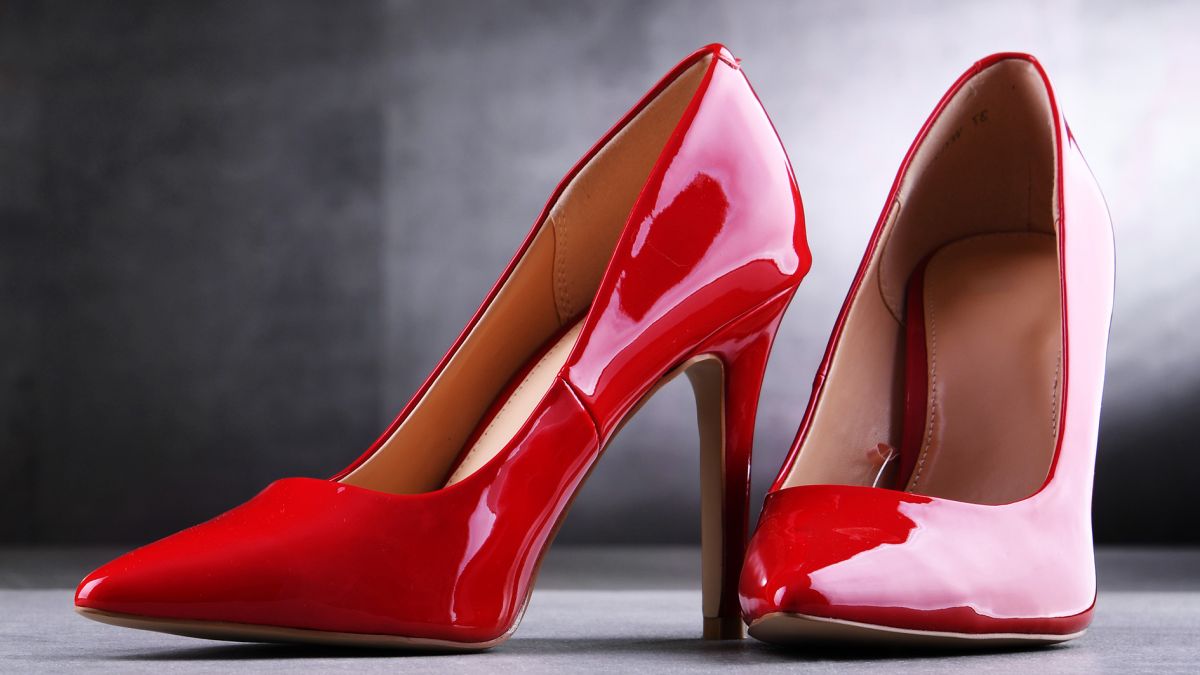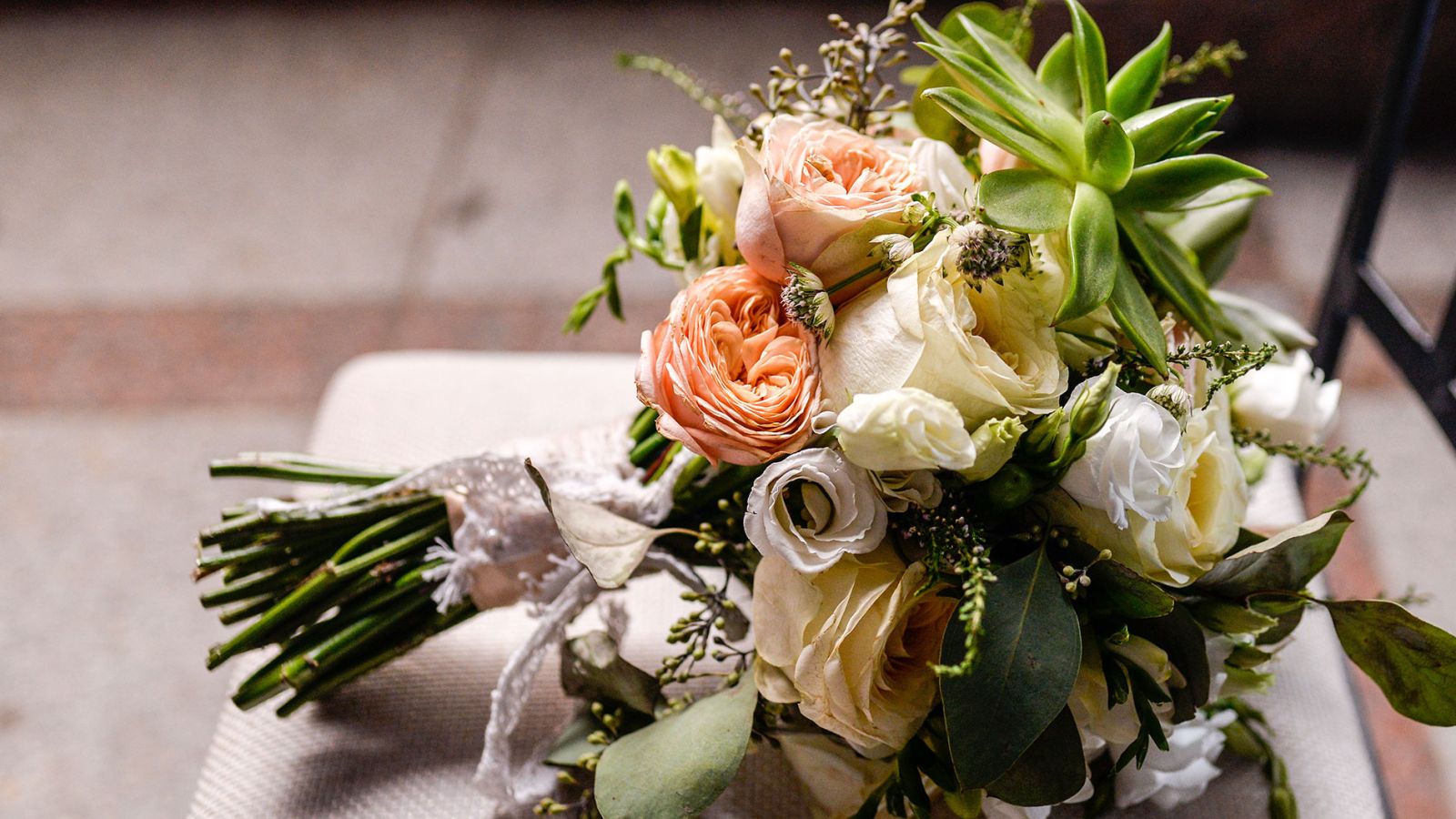

First, she should repent to Allāh for what she did in those days with the usual and known repentance, with its necessary conditions.
[Q.1] What is the Islamic ruling upon a husband offering khamr (wine and intoxicants) to his wife, threatening to divorce her if she refuses it, although he knows that she is regular in her Prayers?
[A.1] The answer to this question is well-known! “There can be no obedience to the creation if it involves disobedience to the creator.”1 It is not permissible for the wife to obey her husband in disobedience to Allāh – the Most High, and her divorce from him is better for her. Allāh says:
وَإِنْ عَزَمُوا الطَّلَاقَ فَإِنَّ اللَّهَ سَمِيعٌ عَلِيمٌ ﴿٢٢٧﴾
“But if their intention is firm for divorce, Allāh sees and knows all things.”
[Al-Baqarah, 2:227]
This is especially true when the cause for divorce from the woman is her obedience to Allāh and disobedience to her husband, who is flouting the commands of Allāh. However, other issues need to be taken into consideration; and each case is to be judged according to its individual circumstances. If the woman is divorced from her husband, she and her children’s lives may be ruined. In such a case, it would be possible for us to say that she should stay with her husband, by way of choosing the lesser of the two evils. However, we do not give such a ruling generally, for it is against the essential principle. The matter is as Allāh says:
بَلِ الْإِنسَانُ عَلَىٰ نَفْسِهِ بَصِيرَةٌ ﴿١٤﴾
“But each man is aware of his own self.”
[Al-Qiyāmah, 75:14]
[Q.2] Is it permissible for women to wear high-heeled shoes?
[A.2] This is not permissible. It involves resembling the disbelieving women, or the wicked women. It has its origins amongst the Jewish women before Islām. When one of them wanted to attend a gathering where her lover was present, she would wear a pair of high shoes for him to see her, being taller. Then after a time, those became high-heeled shoes. Further, that type of shoe changes a woman’s way of walking, causing her to tilt from left to right, and therefore, the wicked and unbelievers choose this type of shoe. Therefore, a Muslim woman following the Sharīʿah (Islamic Law) should not wear high-heeled shoes; especially since many times it causes her to fall!
[Q.3] With regard to a woman who did not pray, though she was Muslim, due to lack of fear of the Punishment of Allāh, but then she repents to Allāh; does she have to make up the missed Prayers?
[A.3] First, she should repent to Allāh for what she did in those days – with the usual and known repentance, with its necessary conditions.2 She should then be careful after that to pray the Prayer at its time and should pray as many nafl (supererogatory) Prayers to make up for the great good that she missed in those days when she left the Prayer.3
Endnotes:
-
- Ṣaḥīḥ: Related by al-Wāḥidī in al-Asbāb al-Nuzūl (p. 195), and by al-Baghawī in his Tafsīr (5/188). It was authenticated by al-Albānī in al-Mishkātul-Masaabeeh (no. 3696).
- There are four conditions for repentance, 1) To immediately refrain from the sin, 2) Remorse, 3) To make a firm resolve not to return to the sin, and 4) To seek forgiveness. Refer to al-Istighfār by Shaykh al-Islām Ibn Taymīyyah, with the checking of Fawwāz Aḥmad Zumarlī.
- Extracted from a tape by Shaykh al-Albānī.

















